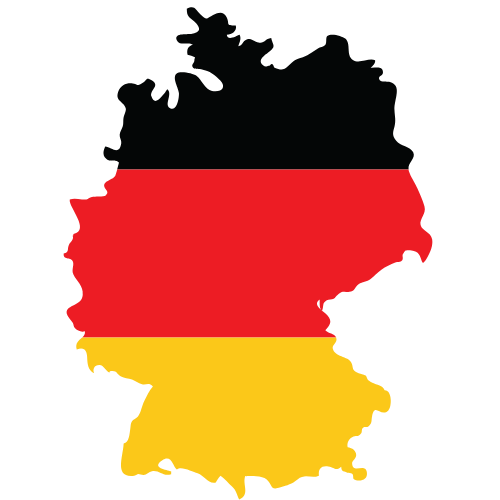Navigating Your New Life in Germany – Essential Preparations for Moving to Germany
Relocating to Germany is an exciting endeavor that requires thorough preparation. One of the first steps expats should take is to obtain the appropriate visa and residency permit. Depending on your nationality and the purpose of your stay—such as work, study, or joining family members—it is crucial to identify which visa category applies to your situation. The German embassy or consulate in your home country can provide specific guidance on the necessary documentation and application process.
Housing is another critical aspect of relocating. Before arriving, it is advisable to research various housing options, including renting or buying property in the area you plan to live. Websites that list rental apartments, along with local real estate agents, can be valuable resources. It is also recommended to become familiar with various neighborhoods, understanding the local amenities, schools, and transportation links, which can greatly influence your living experience.
Setting up a bank account in Germany is essential for managing daily finances, receiving salary payments, and preferably avoiding foreign transaction fees. Most banks require proof of residence and identification, so it is beneficial to open your bank account soon after your arrival. Similarly, understanding health insurance requirements is vital, as health coverage is mandatory in Germany. Research different insurance options—public versus private—before making a decision, as this will have lasting implications on your health care access.
Lastly, learning the German language can profoundly enhance your integration into society. Having a basic command of the language is often crucial for social interactions, professional opportunities, and daily life. There are numerous language courses available, which can be found through local community centers, universities, or online platforms. Joining a language group or formal classes can provide both educational resources and social connections, ease the transition, and enrich your experience in Germany.
Settling Down: Daily Life and Integration in Germany
Adjusting to daily life in Germany as an expat can be both exciting and challenging. To navigate your new environment effectively, it is essential to understand various cultural customs and routine practices. One notable aspect of German culture is punctuality; being on time is highly valued, whether for social gatherings or professional meetings. This emphasis on time management may be different from what some expats are accustomed to, yet adopting this habit can help ease integration into the local community.
Public transportation plays a vital role in daily life, allowing residents and visitors alike to explore urban areas and neighboring towns effortlessly. Germany boasts an extensive and efficient public transport system, including trains, trams, and buses, all of which are generally reliable. Familiarizing yourself with local transport schedules and routes can significantly enhance your mobility. Additionally, investing in a monthly or yearly travel pass can save you both time and money.
When it comes to grocery shopping, the German supermarket experience may differ from other countries. Numerous discount supermarkets offer fresh produce, meats, and household goods at competitive prices. Learning some essential German food vocabulary will assist you in navigating these stores. Furthermore, local markets and specialty shops are excellent for discovering regional delicacies and supporting local businesses.
Dining out is another integral aspect of German daily life. From traditional fare such as sausages and pretzels to international cuisine, options abound. Moreover, many establishments provide a unique experience of enjoying meals at Biergärten, where you can socialize in a relaxed setting. Embracing these culinary experiences allows expats to engage with local culture.
Integration into the community also hinges on social interactions. Engaging in local events, clubs, or groups centered around hobbies and interests can foster connections with both locals and fellow expats. Participating in language courses not only aids in learning German but also serves as an excellent platform for meeting new people. Building relationships with locals enhances the overall experience of living in Germany, leading to a more fulfilling expat life.

